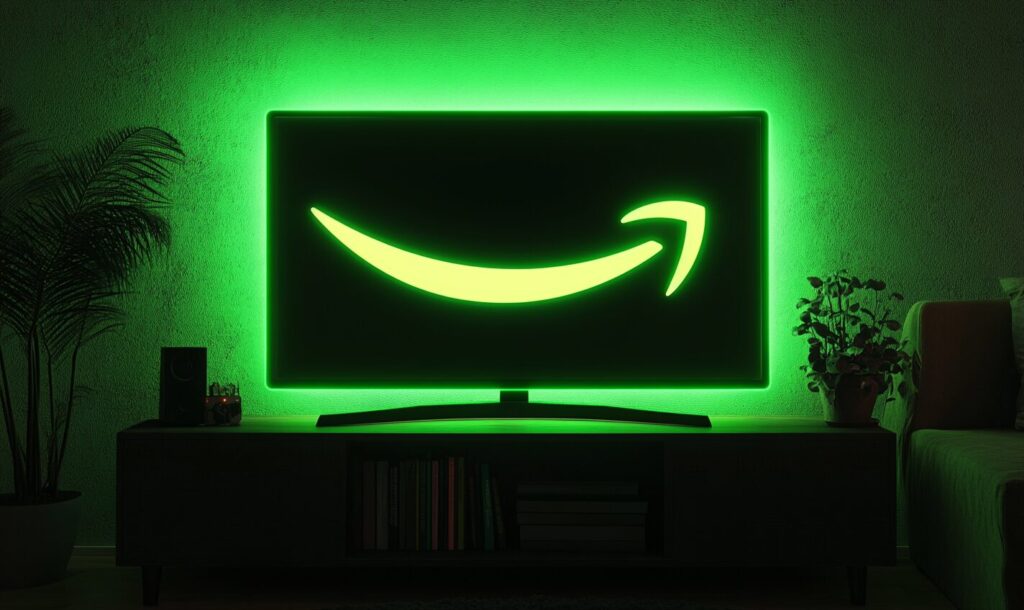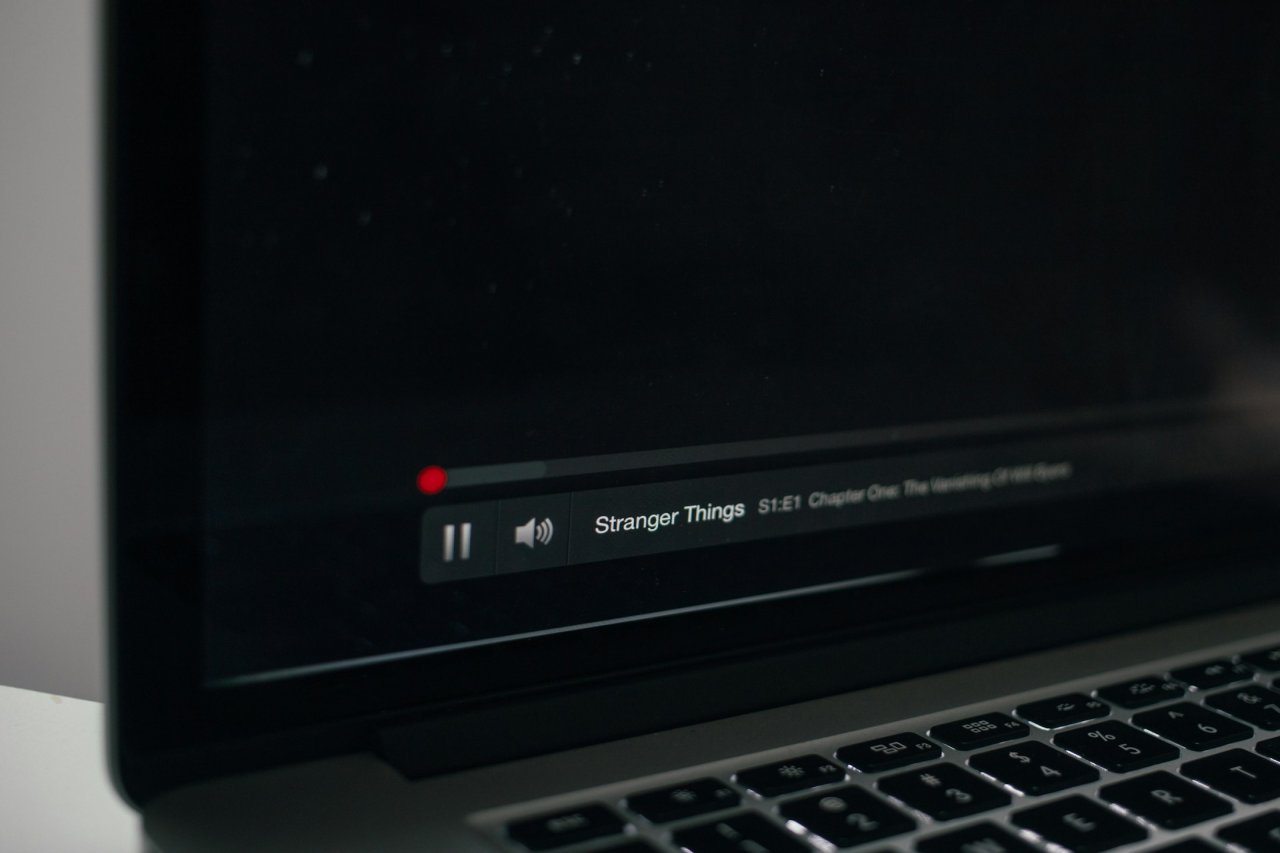The connection between social media and body image is becoming incredibly clear due to emerging mental health patterns in young people. Social media contains a dangerously mixed bag of content. Sometimes young people see harmless pics of friends or cute animals. Other times, they see heavily edited photos of others that create harmful, unrealistic standards of beauty and fitness.
The “hot girl summer” trope could impact anyone of any gender, making social media a potential pit of body image issues that can permeate any age group. What are the relationships between these concepts, and how can people overcome, ignore and live alongside them to use social media helpfully?
How Does Social Media Affect Body Image?
Most of the press around social media and body image is damaging because it has an intense mental health impact, especially on young people. Understanding both sides of the conversation is vital so social media users can understand how screens interact with their minds and body.
For the Better
If you curate your social media feeds for good, your social media use and body image could improve or at least remain a neutral force in your life. Social media could increase body positivity or neutrality if you join the right groups, follow the right influencers, and only permit specific individuals to follow, like and comment on your content. It requires enormous self-control, but it’s possible only to consume non-judgmental, authentic content.
Additionally, people can find support groups and fitness inspiration, especially if they’re on a health journey. Many groups aren’t longer using the term “weight loss” instead of focusing on body capabilities and strength over numbers. These perspectives allow for more personal and empowering health journeys, especially for fitness and diet. It could also expose social media users to more types of bodies for increased diversity.
More people participating in this kind of behavior could change the social media landscape and the public’s online assumptions about body image. It increases media literacy and realism across social media platforms. Users can start a revolution to remind people how social media feeds are curated, filtered versions of reality that ground users into a less codependent relationship — where people rely on Instagram or Facebook to increase their self-worth.
For the Worse
For many, social media is a toxic environment for body image topics. The most prevalent phenomenon is “Snapchat dysmorphia,” which has inspired a shift in plastic surgery. Surgeons are seeing a rise in patients wanting to look like Snapchat or photo editing filters, usually tightening jawlines and softening the skin. The consistent use of filters to distort faces can cause mental discord when people look in the mirror versus using their phones.
Social media increases the need for validation, including checking the mirror more frequently or obsessively checking notifications for likes and comments about beauty. These tie into a toxic cycle of looking in the mirror and not seeing what you want to know because it doesn’t look like the filtered version of you. Compulsive behaviors create even worse body image habits like pulling at the skin or adjusting unhealthy diets.
These mental disconnects lead to physical manifestations, perpetuating body dysmorphic disorder or disordered eating tendencies to reach unrealistic beauty standards. It exacerbates if people online attempt to find validation yet encounter cyberbullying. The amount of competition to be the most beautiful or comparison to never being good enough pervades everyone’s minds at some point, regardless of gender or age.
How Can You Use Social Media With Self-Awareness?
Using these strategies, it’s possible to avoid the negative mental dialogue caused by exposing yourself to unfair beauty standards.
The first is to practice self-care and positive self-talk. Now, this could be a trap in and of itself. Self-care on social media tends to be luxurious, like getting massages and expensive facials, when this isn’t always practical or the self-care that would work best for you. Brainstorm what self-care looks like for your personality and circumstances by asking what makes you happy no matter what. Perhaps it’s baking, reading in the bath, or running. Get off social media during this time to avoid comparison spirals.
These self-care sessions also promote focusing on your strengths and joy instead of flaws and what you lack. Perhaps you have strong arms that can lift anything, but they don’t look like the influencers on TikTok. Actively recall or write down every time your strengths helped others or made you feel powerful and happy. It’s crucial during these reflections to challenge the negative thoughts that come in because humans must reframe what’s valuable instead of what’s desirable through an edited social media lens.
These shifts also require willpower and time, as you should go through your feeds and unfollow or unfriend toxic influences on body image. If people are actively causing you to feel bad about yourself, it’s essential to eliminate that from your social media experience. Spending more time away from those influences, and social media in general, can also improve body image. Check screen time analytics and monitor your social media usage to remove the likelihood of body image thoughts crossing your mind.
Social Media and Body Image Correlate
People spend more time on their phones now than in human history, providing many opportunities to challenge preconceived notions about body image. Young people face cyberbullying and potential dysphoria, while others face comparison and battle disordered eating tendencies.
If people adjust their perspective, they could find body positivity and wonderful, supportive communities for people trying to get healthier. It’s all about how people engage with the content and whether they understand how it impacts them. Social media and body image aren’t always related for the right reasons. Still, users can become more conscious about their exposure to turn the negative influences on their heads for something better.
Recent Stories
Follow Us On
Get the latest tech stories and news in seconds!
Sign up for our newsletter below to receive updates about technology trends




